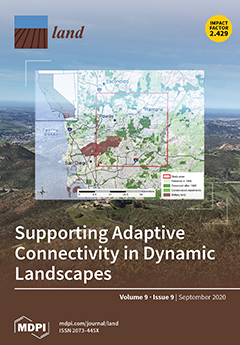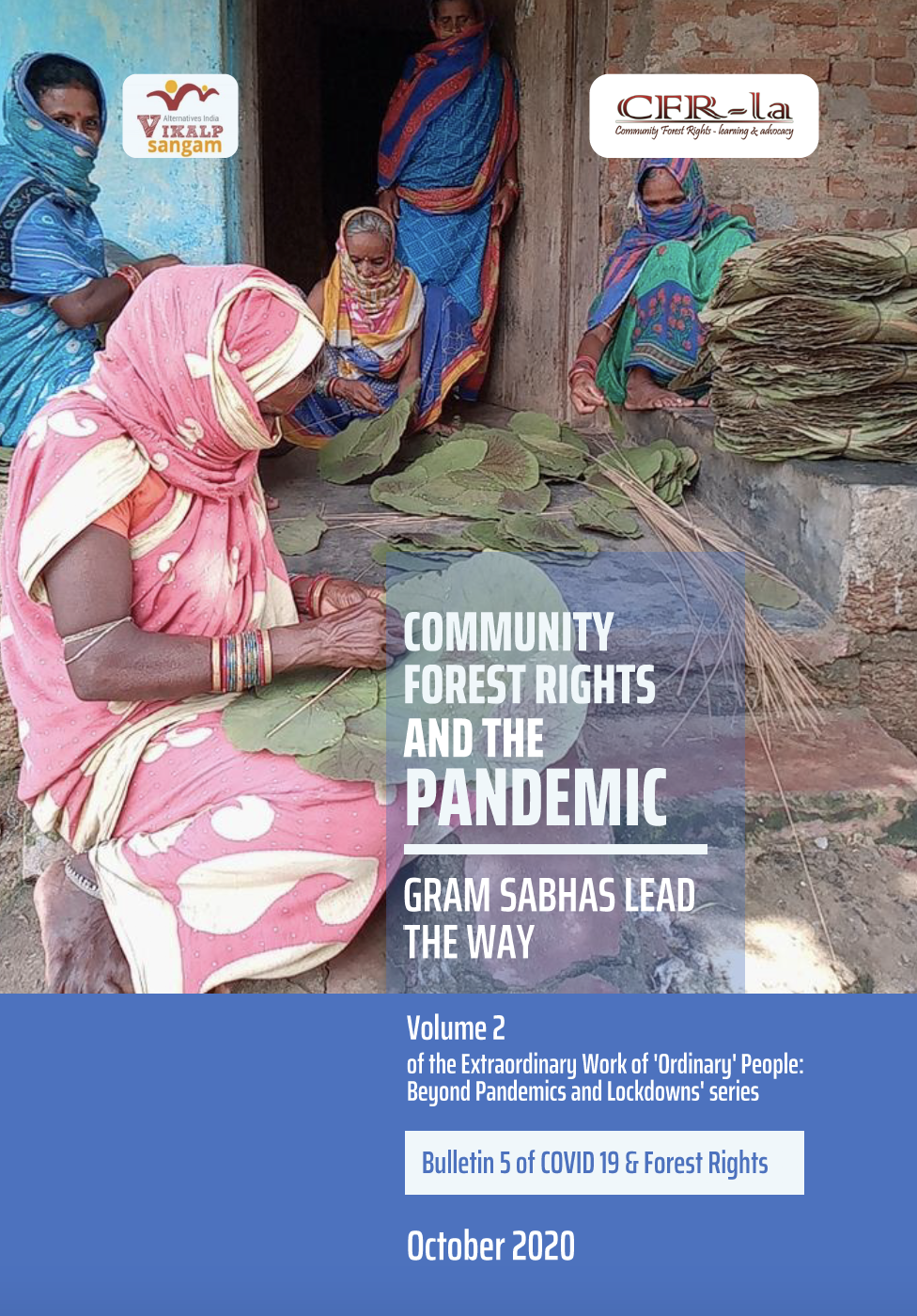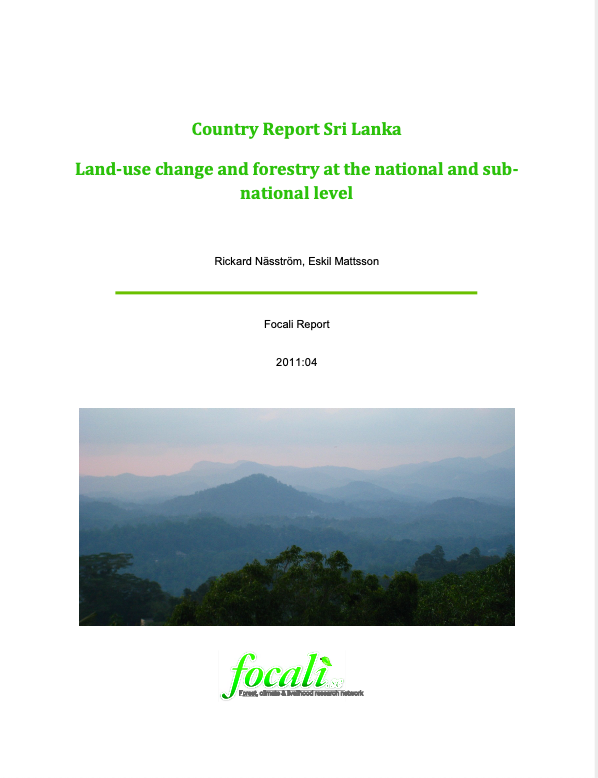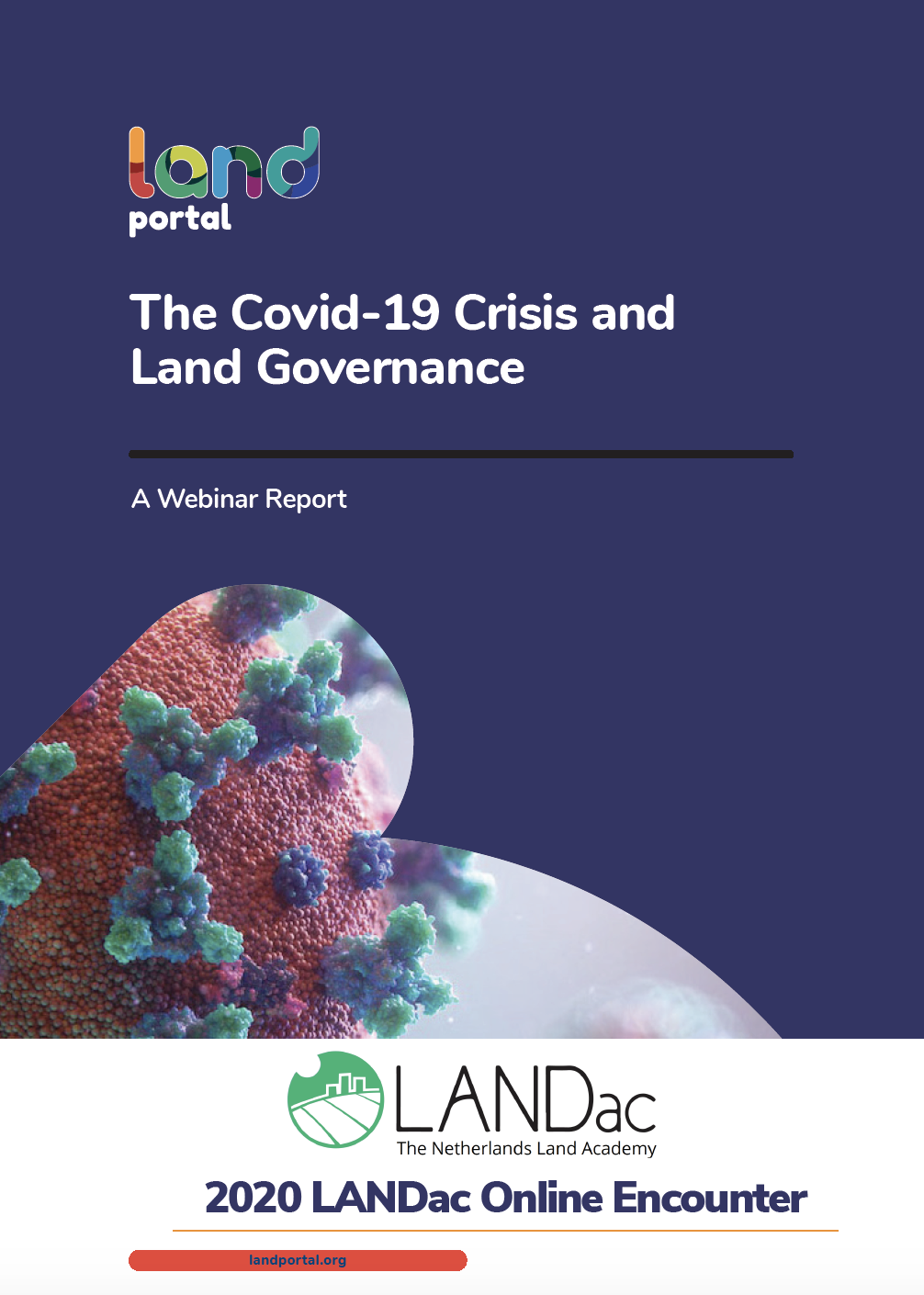Landscape-Ecological Approach to Spatial Planning as a Tool to Minimize Socio-Ecological Conflicts: Case Study of Agrolandscape in the Taiga Zone of Russia
Landscape heterogeneity generates significant influences on economic activity. Present-day publications in landscape planning focus more and more on a participatory approach and a communication process. By contrast, we focus on nature-based criteria aimed at proper adaptation of planning decisions to natural landscape patterns. The paper proposes the framework aimed at considering geographical context, matter flows, and dynamic processes in projecting ecological network and perfect sites for various land use types as well as for choosing appropriate technologies.










